FRIGE-DBT Lysosomal Storage Disorder Biobank
The FRIGE-DBT Lysosomal Storage Disorder (LSD) Biobank is India's first cohort of patients with LSD, which is formed as a resource to support studies on the aetiology, prevention, therapeutic development, and clinical management of LSDs.
The LSD Biobank cohort comprises of patients with 27 different LSDs from 26 institutes in 15 states in India, making it one of the largest and diverse cohorts from India.
The LSD Biobank Resource
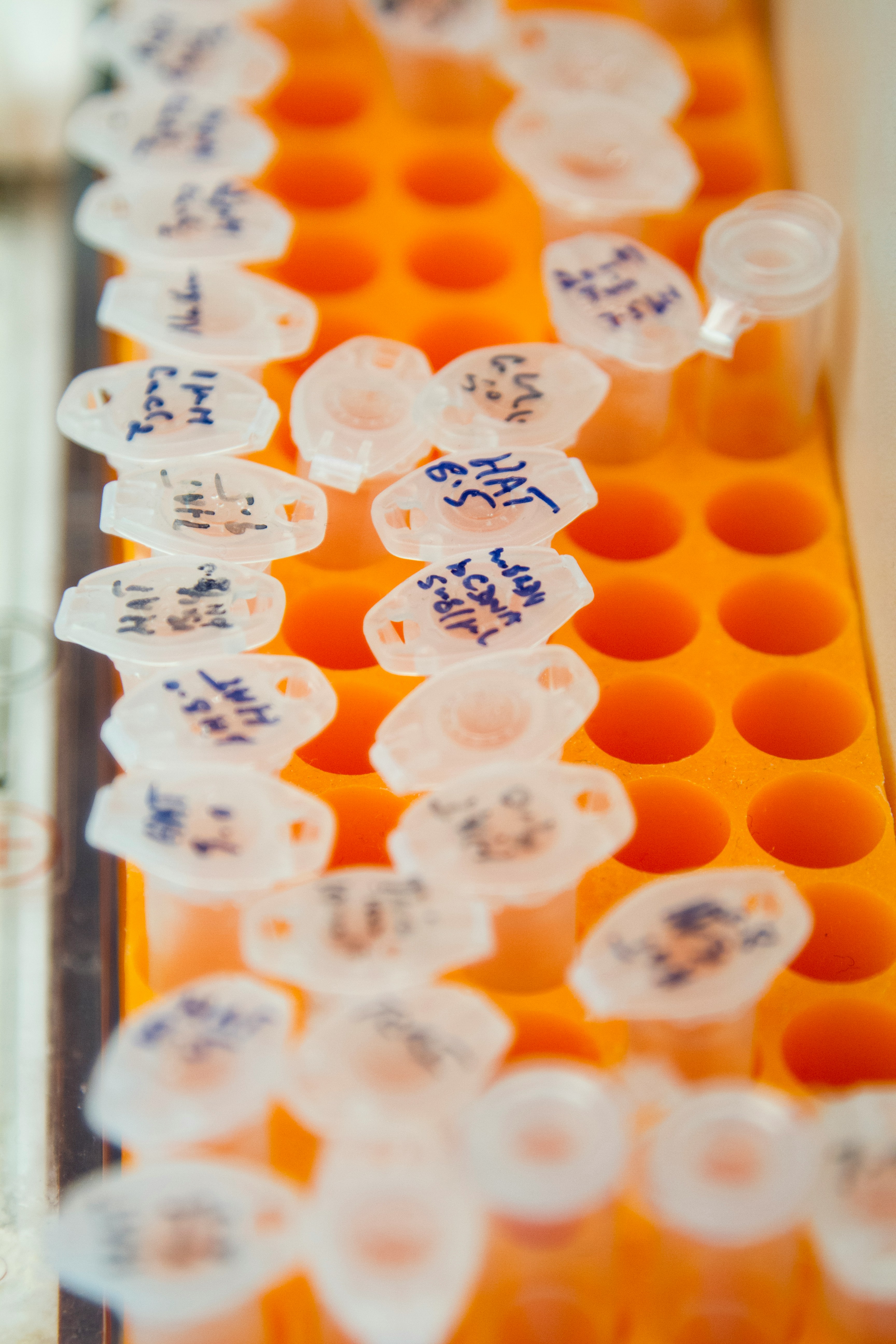
The LSD Biobank comprises of a rich resource of data and biospecimens that has been growing since 2021. Seee below for an overview of the available resources we provide to world leading research.
Recruitment Summary
15 States
27 Different lysosomal storage disorders
531 Patients with biochemical and genetic diagnosis
Collected Materials
Serum/ plasma samples donated by participants: 209
DNA samples donated by participants: 531
Clinical data available for participants: 531
Participant States across India

Participant Age at Enrolment

Participant Diagnosed with LSD

Participant Diagnosed with LSD Stratified by Sex

Participant Recruitment Site

Data Dictionary
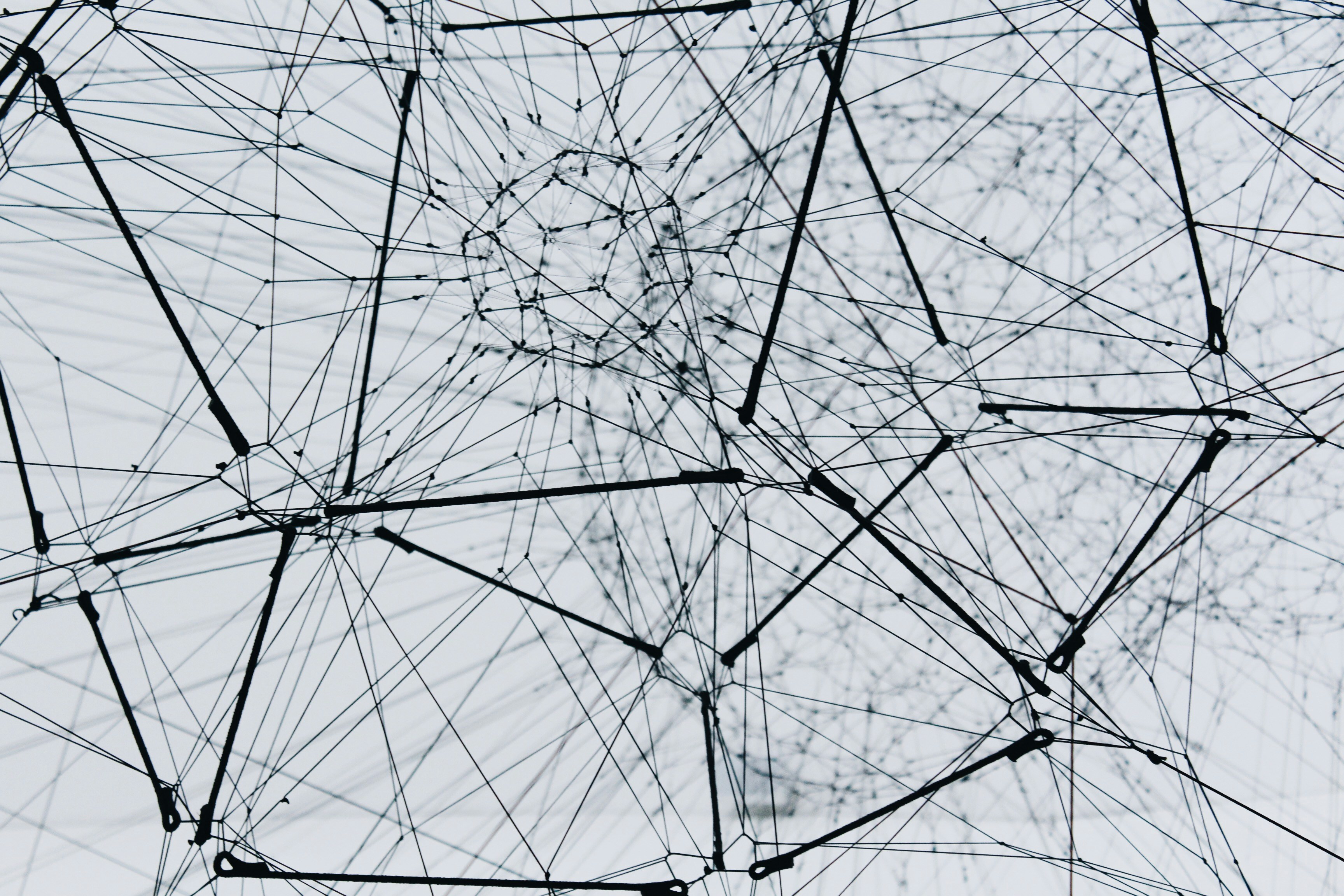
Family History
- Family
- Family membership
- Individual
- LSD type
Biospecimens
- Serum/ plasma
- Whole blood genomic DNA sample
- Urine precipitates
Clinical history
- Height
- Weight
- Sex
- Age at diagnosis
- Dysmorphism
- Gastrointestinal abnormalities
- Neurological abnormalities
- Cardiac abnormalities
- Skeletal abnormalities
- Cutaneous abnormalities
Molecular and Enzyme
- Biochemical screening
- Enzyme activity assessment using 4-MU fluorogenic substrate
- Germline genetic testing (Sanger sequencing/ PCR-RFLP/ Targeted smMIP based sequencing assay/ Whole exome sequencing)
Data Access
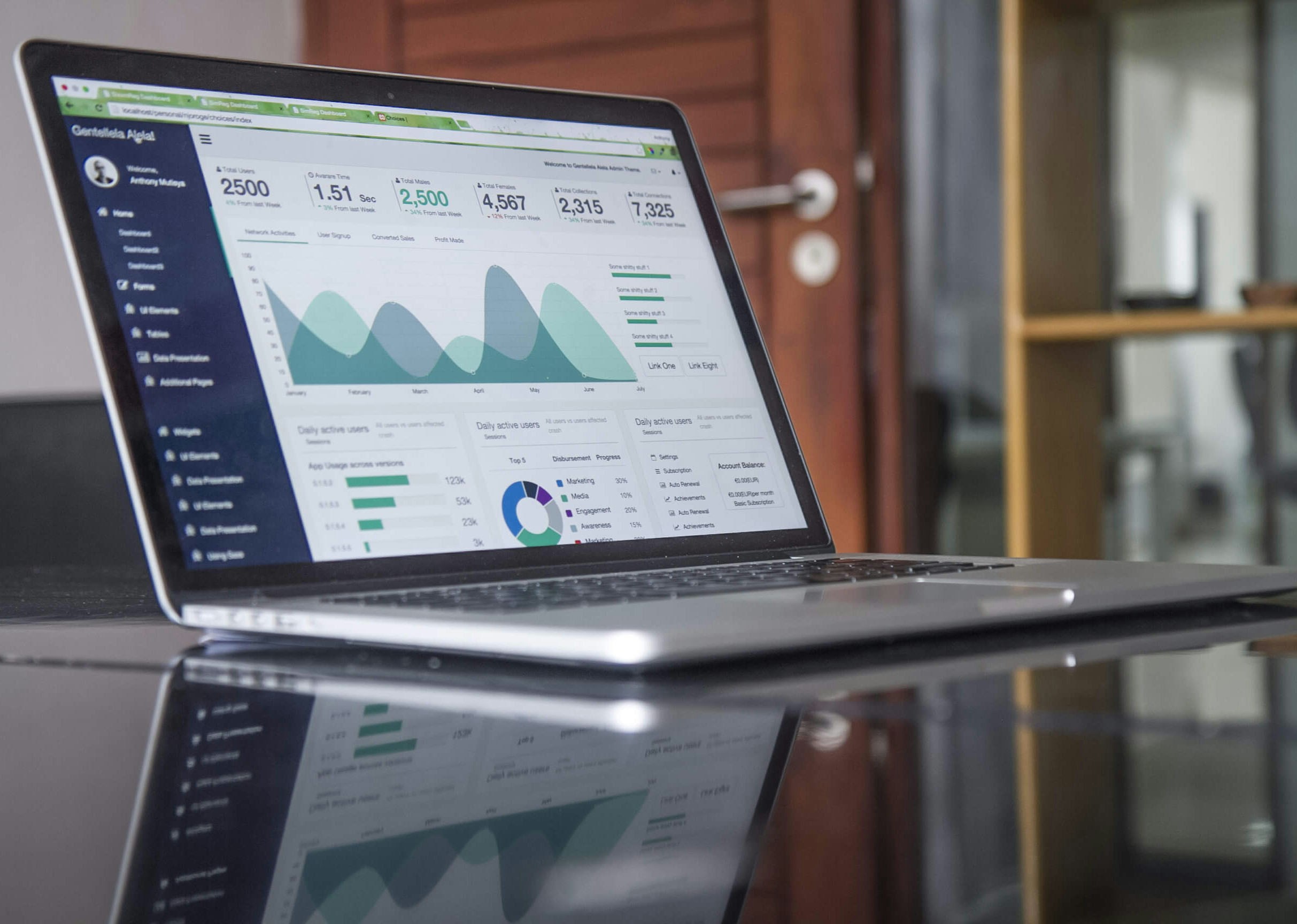
The LSD Biobank is proud to be able to share the following de-identified datasets via a secure FTP server:
- Epidemiology: LSD Biobank epidemiology data including sex, age, clinical features, personal/ family history.
- Enzymatic analysis: LSD Biobank biochemical screening (including MPS GAG quantitative and qualitative analysis), enzymatic activity using 4-MU fluorogenic substrate.
- Molecular data: LSD Biobank germline variant data which has been generated using either Sanger sequencing, PCR-RFLP, targeted smMIP based sequencing assay, or whole exome sequencing.
Click here to send your query for data access.
Collaborate
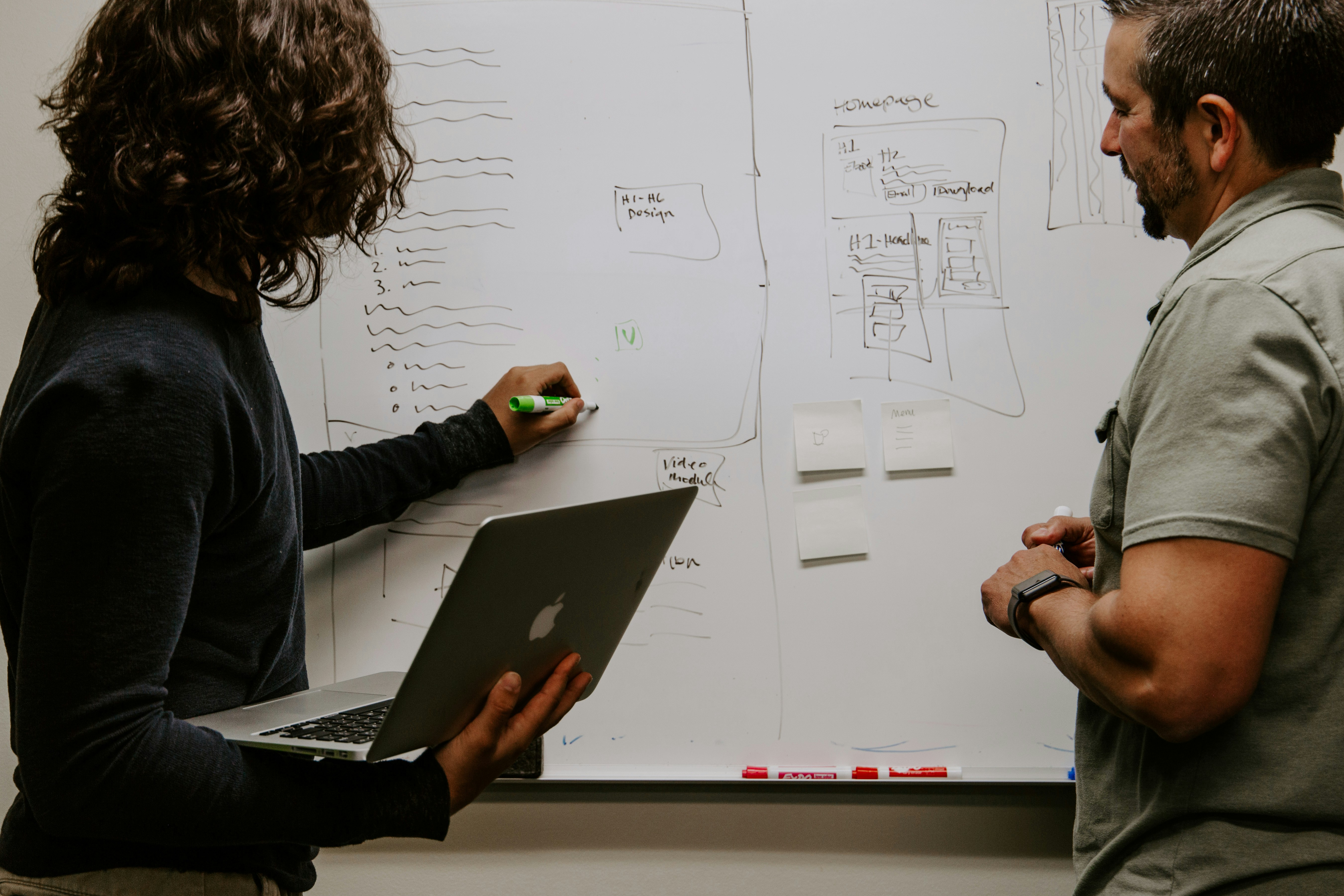
The LSD Biobank welcomes the opportunity to collaborate with other researchers and research groups.
How to Apply
- Send in your query to access the data and/or biospecimens
- The query and application following that is reviewed by the LSD Biobank Steering Committee
- If the application requires revision, the applicant will be contacted.
- Once the application is approved, materials data transfer agreement is signed.
- Data and/or biospecimen is shared with the applicant.
Click here to send your query for data access.
What’s next?
Soon after the submission of your query and application, we will be in contact to arrange a meeting with you to discuss your application. The aim of this meeting is to clarify the study criteria and ensure we have the data/ biospecimens required to support your application.
Once that feasibility has been determined, your application will be considered for collaboration.
Publications policy
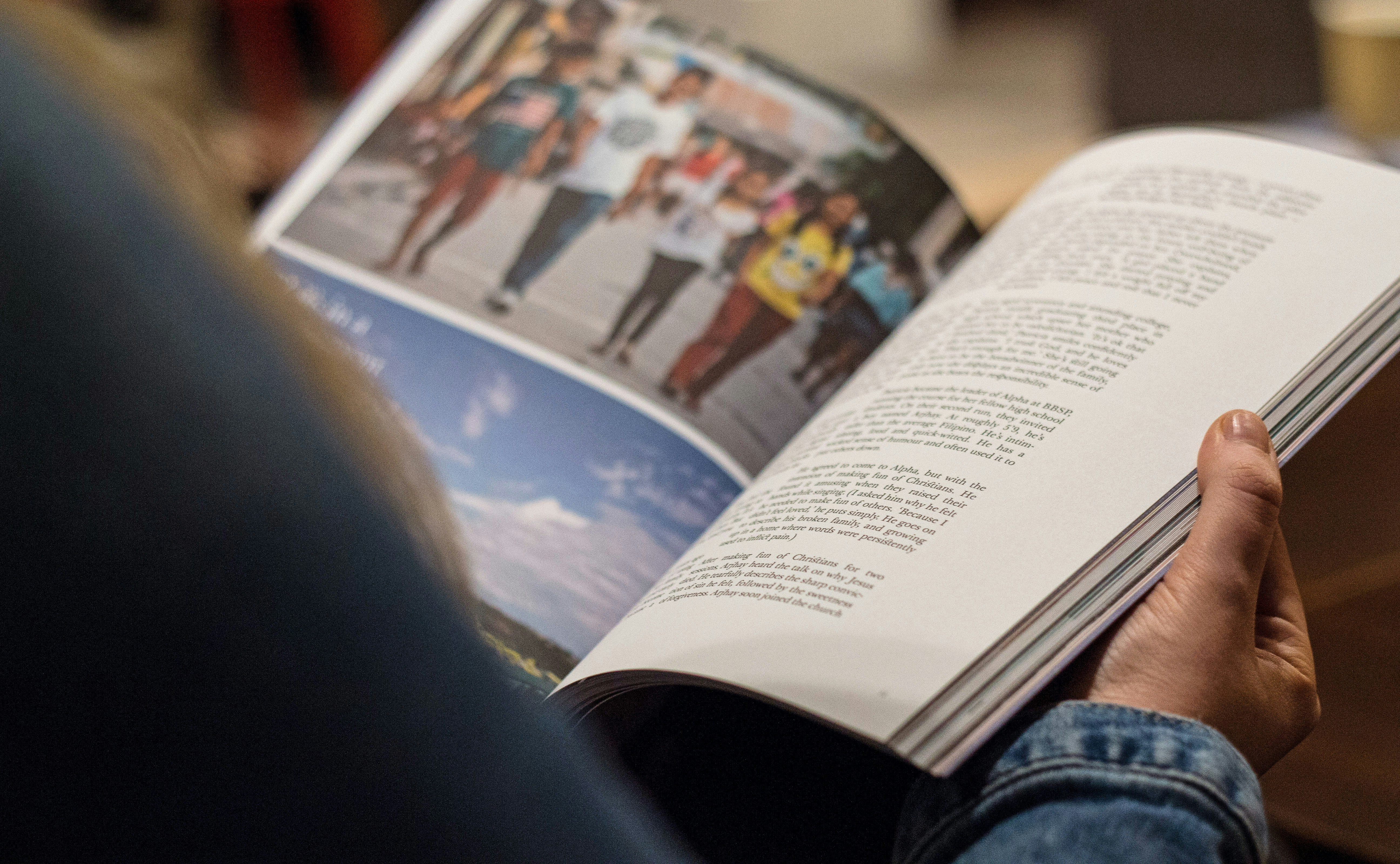
One of the most important goals of the LSD Biobank is timely publications that describe the scientific findings discovered via the LSD Biobank resource. Peer reviewed publications are the main vehicle for disseminating findings to scientists and public and are critical to the continued ability of the LSD Biobank to further advance research on lysosomal storage disorders.
Notice to authors
The LSD Biobank manuscript approval process consists of two steps:
- The first step, which we encourage authors to undertake early in the writing process, involves submitting an abstract of the manuscript. This is distributed to the LSD Biobank Steering Committee and serves the purpose of notifying that a manuscript is being developed. It also provides an opportunity for them to contact the lead author and contribute to the manuscript.
- The second step involves submitting the manuscript for an administrative review. This step should be taken once the manuscript is ready for submission to the journal and has been reviewed by all LSD Biobank co-authors.
Abstracts (and posters) are exempt from the above procedures, but we do ask that an abstract is submitted so that members of the biobank can contribute to the manuscript, should one follow.
If you have any queries for the same, please contact us.
Who we are
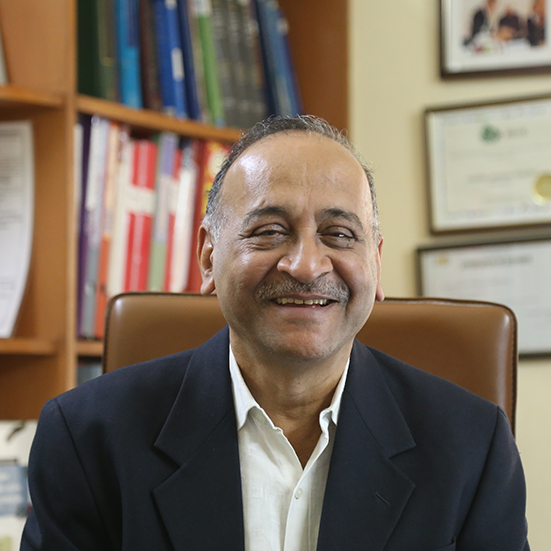
Dr. Jayesh Sheth
Principal Investigator, Chairman, FRIGE Institute of Human Genetics, Ahmedabad
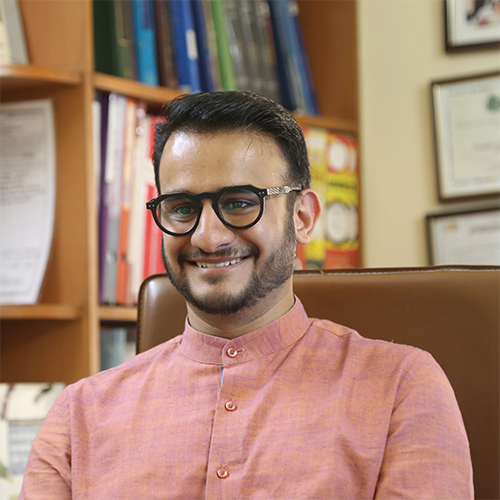
Dr. Harsh Sheth
Biobank and project co-ordinator, Head of Advanced Genomic Technologies Division, FRIGE-Institute of Human Genetics, Ahmedabad
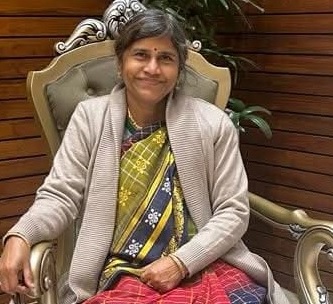
Dr. Inusha Panigrahi
Co-investigator, Professor in Department of Pediatric Medicine, PGIMER, Chandigarh
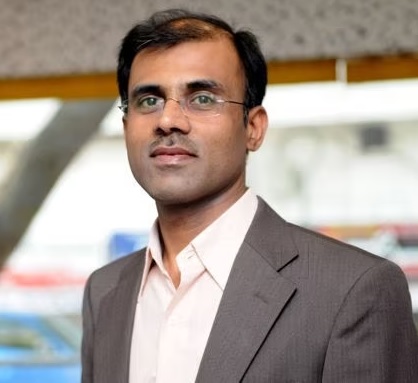
Dr. Vykuntha Raju KN
Co-investigator, Associate Professor of Pediatric Neurology, IGICH, Bengaluru
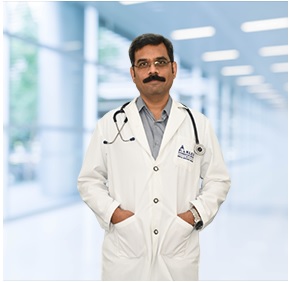
Dr. Mahesh Kamate
Co-investigator, Consultant Pediatric Neurologist, Pink Health Child Neurology, Belgaum
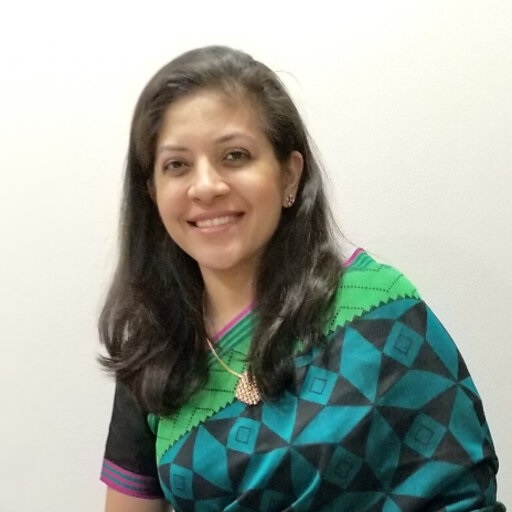
Dr. Shruti Bajaj
Co-investigator, Consultant Clinical Geneticist, Sir HN Reliance Hospital, Mumbai
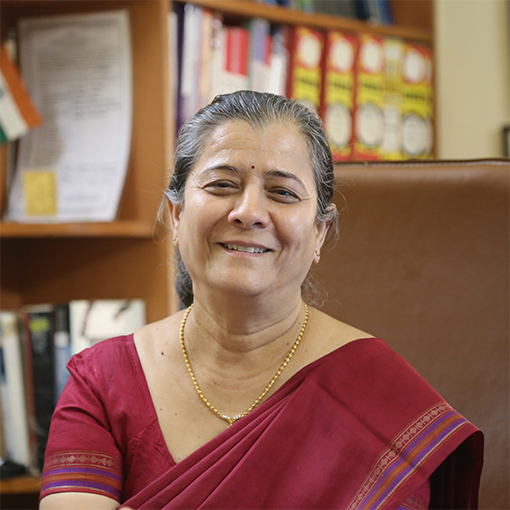
Dr. Frenny Sheth
Co-investigator, Director, FRIGE Institute of Human Genetics, Ahmedabad
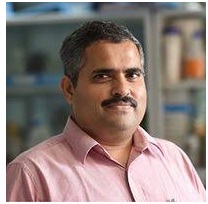
Dr. Ashwin Dalal
Co-investigator, Head, Diagnostics Division at CDFD, Hyderabad
Mission statement
Through the Gujarat State Biotechnology Mission, Department of Science and Technology (GSBTM/JDR&D/608/2020/459-461) and Department of Biotechnology grant, FRIGE has developed India’s first biobank for lysosomal storage disorders. The main aims are: to collect pedigree information, epidemiological data, and related biological specimens from participants with lysosomal storage disorders, as a resource for interdisciplinary studies on natural history, mutational spectrum, therapeutics development and prevention of LSDs.
Our Funders
We are grateful to our funders Department of Biotechnology and Gujarat State Biotechnology Mission, Department of Science and Technology.
